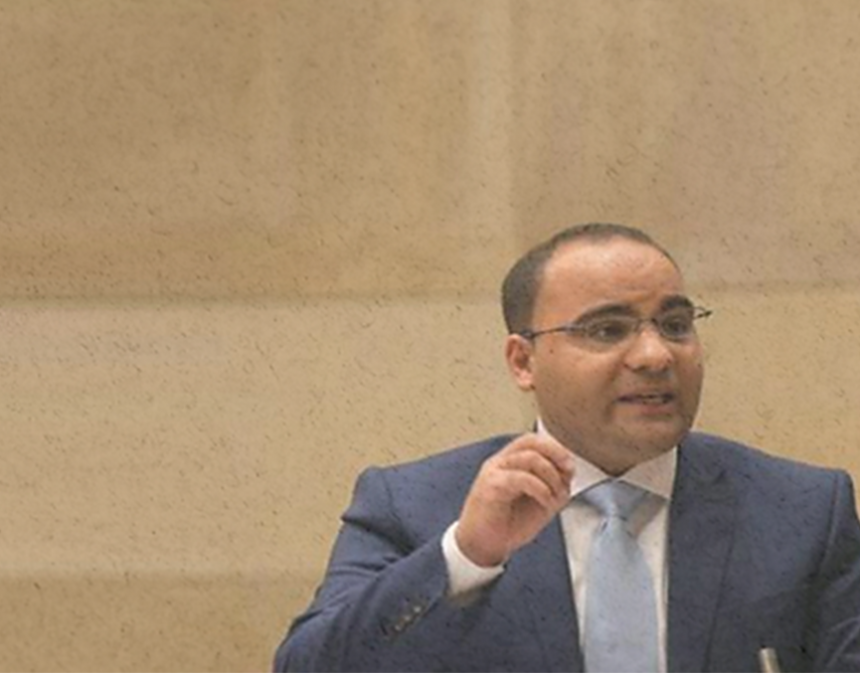Amid the economic turmoil and geopolitical tensions across Europe, Finance Minister Caruana unveiled the government’s budget for 2023. Broadly speaking, the budget is similar to recent ones presented by the Labour government. A common narrative of new taxes and an increase in a number of benefits to curb the effects of looming crises, as well as robust one-off measures to keep the motor running.

As expected, the budget focuses primarily on protecting the country from soaring energy prices. The Minister of Finance expects to spend around €608 million on state subsidies to keep energy costs down. Earlier this year, the government froze gas prices. The economic repercussions should the government forgo this measure are clear. Simulations presented by the Economic Policy Department argue that without such measures, diesel and petrol prices would climb by 48% and 34% while the electricity bills paid by households would be almost 130% higher.
Higher energy costs have the most direct impact on headline inflation, and without this intervention, this would be expected to rise by more than 7% on top of baseline growth (assuming inhabitants retain the same consumption patterns). A significantly higher inflation rate would negatively impact demand for goods, resulting in a 2.3% decline in real GDP compared to baseline growth.
The multiplier effects of rolling back this measure would be a decrease in consumer spending as well as an increase in the cost for factors of production. The added import and export costs caused by additional shipping and air freight costs are also worth noting.
The toll that this measure is having on public finances is therefore arguably worthwhile. It would have been more expensive in the long term had the government not decided to intervene. As public debt remains stable at 60% of GDP, this policy measure can be considered sustainable in the short and medium term. However, a “whatever it costs” approach is to be questioned should the energy crisis persist in the longer term. Whilst the budget deficit in percentage terms remains relatively high when compared to European counterparts, this can be offset by a healthy economic growth in a period where others are facing the possibility of a recession.
In order to afford such a large-scale fiscal government measure the Minister has opted to cut down on the relative spending on capital expenditure. Capital expenditure will increase by €100 million. This will be offset by higher government revenue. Whilst past budgets under the Labour administration included major fiscal projects such as the Marsa Junction and Mrieħel Underpass, the only large infrastructural project announced for 2023 will be the Msida Creek project. This project, as well as less prominent ones, will mostly be financed by EU funds. This is an understandable approach in times of crisis whilst also considering that, if not availed, Malta would lose its share of these funds.
COLA has increased to almost €10, and whilst Hon. Caruana did deliver on a new mechanism in tandem with the original recipe, the government needs to urgently reevaluate the COLA formula that fails to reflect the radically different income and consumption patterns of Maltese households when compared to 30 years prior, which is when the original COLA formula was set.
The budget fails to strategically address a looming ageing population crisis which may be Malta’s biggest challenge in a not so distant future. Pensions have rightfully increased once again. However, this presents additional stresses on today’s labour force. As birth rates plummet, the government lacks significant family friendly measures that encourage couples to have children. The government does make it easier to access daily care. However, one needs to talk about the elephant in the room. As more elderly require more of this care, the need for a larger labour force in this area becomes more prominent. Since the budget includes no measure to boost the figures in this area, the economy might become ever more reliant on third country nationals.
The budget has segments which do sound like a box ticking exercise of the electoral manifesto. However, in light of the economic turmoil and uncertainty the world is currently going through, we consider the 2023 Budget to be a reasonable attempt at keeping Malta’s families living standards and investment appetite unhinged.


Leave a Reply